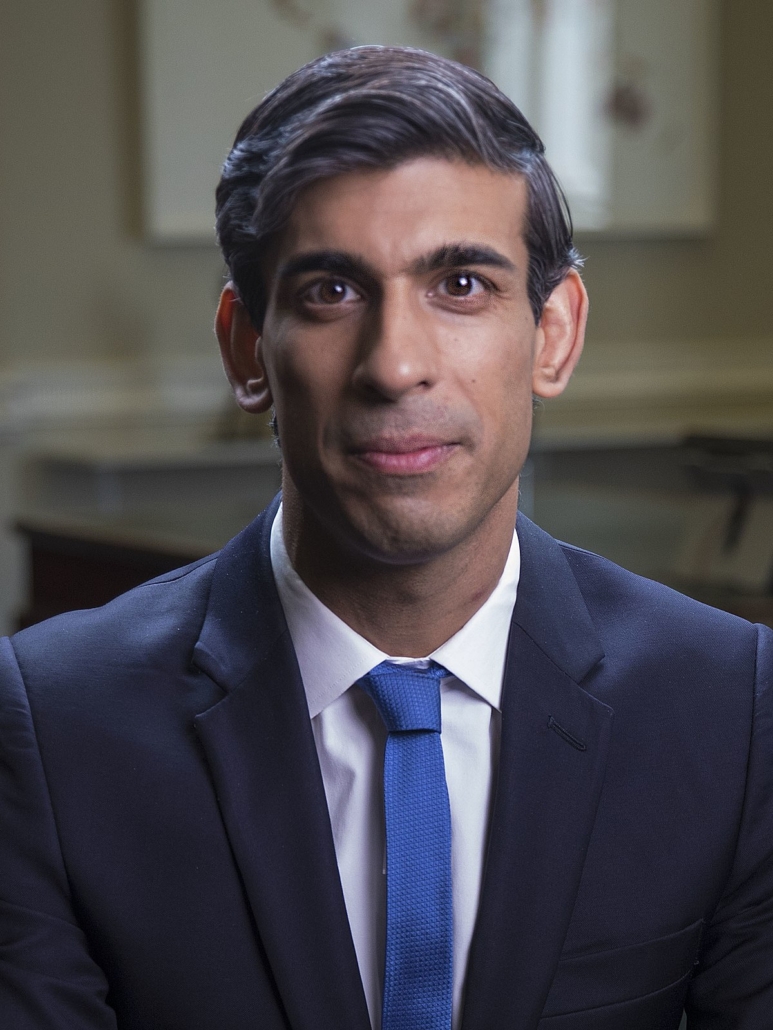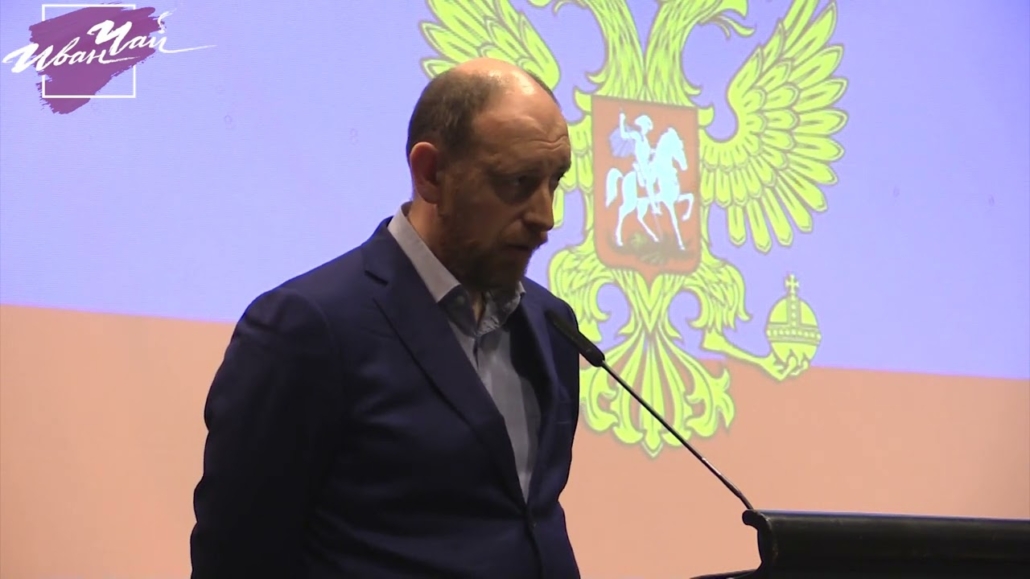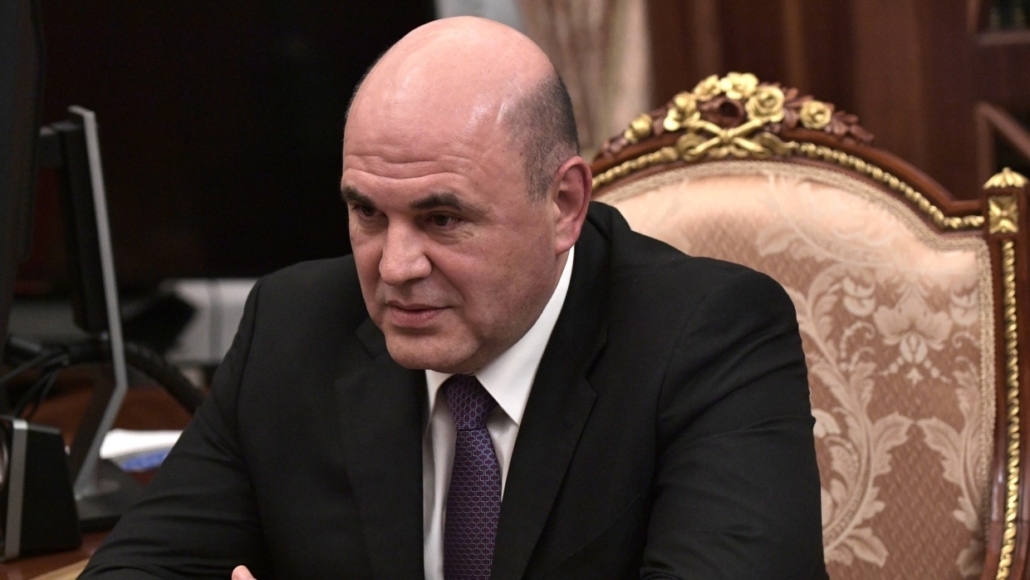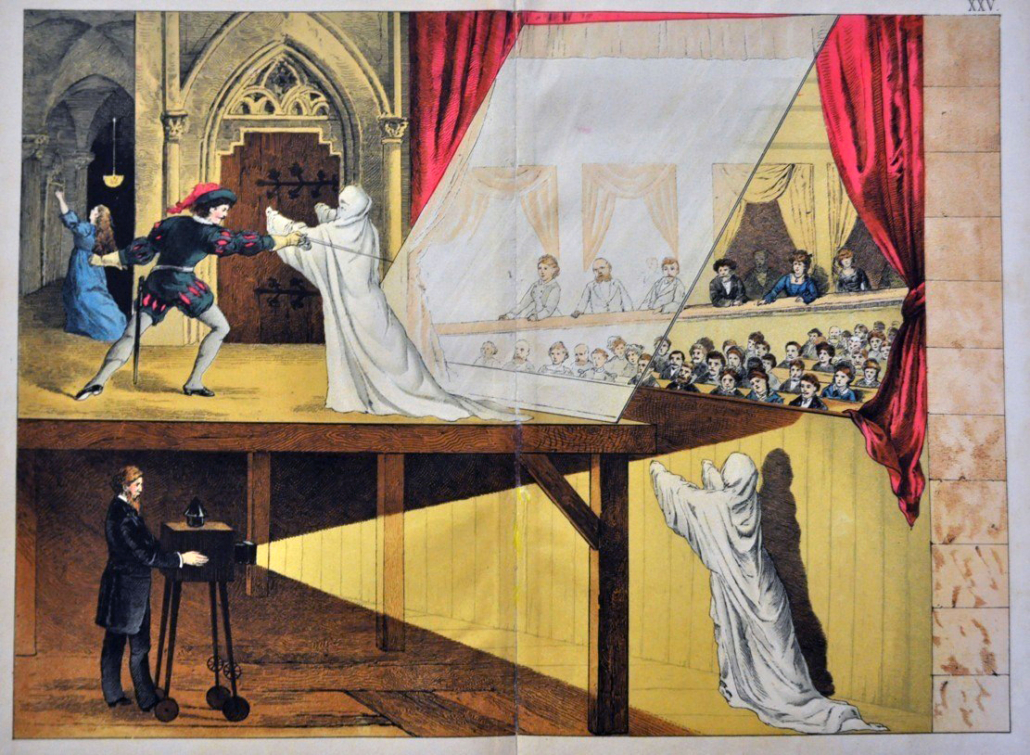 Pepper’s Ghost: A Victorian stage-effect by which special lighting and plate glass is used to make illusory objects appear.
Pepper’s Ghost: A Victorian stage-effect by which special lighting and plate glass is used to make illusory objects appear.
Campaign speeches are generally just another scene from political theater, and the listener takes away about as much worthwhile information as they would from a sports coach in a pre-game interview. But in August of 2016, on the home stretch of the American presidential election, Hillary Clinton made a stump speech in Nevada that kicked a hornets’ nest.
After blaming Trump for the world’s ills, Clinton linked the future president — via his association with Steve Bannon and, by extension, Breitbart — with a loose-knit movement that was about to become more cohesive thanks to her clumsy scare tactics. Quoting her advisers the Southern Poverty Law Center (SPLC), she described Breitbart as having “ideas on the extremist fringe of the conservative right.” Clinton continued:
This is not conservatism as we have known it. This is not Republicanism as we have known it. These are race-baiting ideas, anti-Muslim and anti-immigrant ideas, anti-woman — all key tenets making up an emerging ideology known as the “Alt. Right.”
The way Clinton told it, these were heady times for this Alt. Right. What The New York Times fairly accurately described as a movement which “rejects mainstream conservatism, promotes nationalism and views immigration and multiculturalism as threats to White identity” had, according to Clinton, “taken over the Republican Party.”
In three months, Clinton would lose to Trump. In Nevada, she unintentionally gave impetus to those on the Right reasonably happy with the Times summing-up of their basic position. Meanwhile, in the United Kingdom, the knock-on effect of Clinton’s free brand promotion, and its potential galvanizing effect on the British “far Right,” had not gone unnoticed.
Forward to May 2018 and another rally, this time on a fine spring day in London. The event was billed as National Freedom Day, and the main speaker was Tommy Robinson. The crowds were huge and accordingly the event went entirely unreported by the BBC. Robinson gave his usual rabble-rousing speech, and one of the effects of shaking the snow-globe that was the Alt. Right in the US four years ago was that Milo Yiannopoulos was a guest speaker. The Alt. Right tag was becoming a hot ticket for chancers, and there were a lot of takers just then. The rally was good natured, a very British way of protesting the encroaching totalitarianism of an increasingly authoritarian government. But to those ideological watchers of the skies who must eternally and vigilantly observe the British Right, thunderclouds were forming.
Hope not Hate (HNH) is very much a British equivalent of the SPLC or the Anti-Defamation League (ADL). And, just as Hillary Clinton is counseled by the SPLC, so too HNH acts in an advisory capacity to the British government, although it is at pains to state that it is not government funded. In one consultative document, HNH covered the Day for Freedom rally and deemed Robinson’s patter to be messianic and ominous. The report, Modernizing and mainstreaming: the contemporary British far-Right (MM), was published in July 2019 and can be found on the British Government’s website. The author, Dr. Joe Mulhall, wrote his doctoral thesis on British fascism between 1939 and 1960, and has an extensive CV in the British media.
It would take a novella-length book to point out the internal inconsistencies and faulty reasoning in MM and an almanac to catalogue its unsubstantiated and unlinked assertions. But it does have an interesting sub-text which suggests that fear of the British far Right is not just a standard reaction to what MM calls its “traditional far-Right politics, namely explicit racism, broad anti-immigrant politics and vitriolic homophobia.” There is also a warning sounded over recent Right-wing espousal of two causes: free speech, and the belief in a controlling global elite: “It becomes evident that large parts of the contemporary far-Right’s platform — namely anti-Muslim politics, co-option of the free speech debate, and an anti-elite populism — has widespread public support” [Italics added].
This is an entirely groundless, ex cathedra assertion. It’s based on a sleight-of-hand by which Dr. Mulhall conflates Robinson’s speech in front of tens of thousands in 2018 with his far more sparsely attended English Defence League speeches [EDL], falsely extrapolating the beliefs of the latter audience into that of the former, and using this reasoning illegitimately to show the public spread of “Right-wing ideology.” This deceit assumes both that something called “Right-wing ideology” had previously been sparklingly exemplified by the drunken yahoos that largely comprised the EDL, and that everyone else couldn’t wait to try it.
These underlying concerns in MM continue throughout a document which is otherwise obsessed with Tommy Robinson. Its conclusion repeats the spurious idea that Robinson’s stance when with the EDL is now increasingly shared by the British public:
When talking about the mainstreaming of the far right it is less a matter of traditional far-right politics, namely crude racism, anti-immigrant racism, antisemitism and vitriolic homophobia having become acceptable in British society. … The elements of the far-right currently growing and attracting supporters are those individuals and groups, especially those gathered around [Tommy Robinson], that consciously eschew this sort of extremism and even claim to oppose it.
Dr. Mulhall is referring to the fact that British far-Right groups in general have made attempts to distance themselves from ideas and behavior associated with the extreme far-Right by a compliant media. This, says HNH, is merely cosmetic and I am inclined to agree, as we will see later.
Two years after HNH’s dire predictions in MM, in April of last year, it seemed that Dr. Joe Mulhall was a modern Cassandra. The invasion by the far-Right had begun. The proscription of Atomwaffen Division (AD) as a terrorist organization by Britain’s higher bicameral chamber, The House of Lords, mentioned in passing that AD were “a predominantly US-based White supremacist group,” but the fact remains that a demonstrably White, Right-wing terrorist organization is now banned in the UK.
This legislative instrument also makes it “a criminal offence to be a member of, or invite support for the group.” [Italics added]. That’s right. Fourteen years for a Facebook post saying, “hey, come to this march. There will be almost ten other people there!” But how can it be, particularly as we were forewarned by Dr. Mulhall in 2019, that AD remained undetected in the UK for so long? The short answer is, of course, that they didn’t. They were never there.
The British Government admitted in its official document that US-based AD had no physical presence in the UK. These people may be a bunch of circus freaks with a Baader-Meinhof complex, but they have achieved the singular feat of being outlawed in a country where they don’t exist and never have. What are the wider implications? Again, from the legislative document: “When groups without a physical presence in the UK are proscribed, particularly groups such as AD which have an established online presence, it is important to consider the wider impact that proscription has.” [Italics added]
You bet it is. This type of ostensibly targeted legislation has a wider purpose. The wording is open-ended and vague. What counts as an “established online presence”? Any other White group whose statements overlap to however small a degree with any made by AD will suddenly find that this legislation covers them. Baroness Williams of Trafford (who proposed the legislation) continues: “By proscribing White supremacist, accelerationist terrorist groups with like-minded ideologies … we underline our commitment to ensuring that the UK is a hostile environment for individuals involved in White supremacist or accelerationist terrorism.”
We may be surprised, in the coming months, by those the British government — ably assisted by HNH and the mainstream media — deem to have a “like-minded ideology” to that of AD. The British deep state needs White, Right-wing domestic terrorists. And if they don’t exist, they will invent them.
As ever, Britain has taken its lead from North America. The USA and Canada see White domestic terrorists under every bed, from parents at school board meetings to truckers, January 6 “insurrectionists” to pastors. As with all things North American, which cross the herring-pond to Britain like New York snowstorms, it was only a matter of time before the witch-finders were saddled up, torches ablaze, in the UK. But this is a witch-hunt with no witches. Where are they?
The “Hundred Handers” are described as an “international anti-immigration nationalist group from the UK, US, Spain, Italy, Belgium, and Canada.” So this is big and it’s White. The Hundred Handers even take their name from classical mythology, and you can’t get much more White supremacist than that. Now we just need confirmation from an expert.
Aristotle Kallis is a professor of history at Keele University in England, and an expert on fascism. There are plenty of them around, these diviners. In an interview with TRT World, Professor Kallis describes the British chapter of the Hundred Handers as “a significant, terrifying deeper threat as they normalize the most extreme racist, xenophobic, Islamophobic and anti-Semitic views.”
Dr. Mulhall’s voice in MM echoes from the past. Here, we clearly have the British far-Right at its most potentially deadly. HNH’s prophecy has come to pass and Tommy Robinson’s time has surely come. The preamble to the interview goes straight to the scene of one of the Hundred Handers’ heinous crimes. Did they fire-bomb a synagogue, deface a mosque, disrupt Kwanzaa celebrations?
“Two members of the White supremacist group Hundred Handers were arrested for public order offences across the UK’s county of Sheffield[1] on April 16. They had posted racist stickers on lamp-posts, bins, bus stop signs and bollards, reading ‘Borders open. Pubs closed’ and ‘Open border, virus disorder,’ linking the coronavirus to immigration in Britain.”
Stickers. The Hundred Handers, it transpires, have no internet presence outside chat rooms, no official existence, and an estimated 200 members. Now, Sir Oswald Mosley’s BUF had around 50,ooo members in the 1930s, pre-internet and even television, when the population of the UK was 46 million compared to today’s 66 million. What Mosley didn’t have, however, was stickers: “They recruit through social media and QR codes on their stickers. Some of the QR codes direct scanners to White supremacist news, TV networks like Red Ice.”
Red Ice. Woah, they’re banned from YouTube. This is big. And in case you think some acne-riddled teenager in Sheffield — a city grim even by English standards — may seem harmless enough with his stickers, the effects go straight to the top, says Professor Kallis: “Their work is being done in the White House, in the daily briefings of the US government, through “mainstream” figures like Trump.”
There are very few degrees of separation for the Left between anything undesirable and Donald Trump, but who would have thought his chain of command reached to a post-pubertal advisory arm in Sheffield?
So, led by the nose by HNH, a voracious British media is determined to put White, British far-Right terrorist groups on the menu, and the Hundred Handers is the best fare they can serve up? Given HNH’s warnings, and the hard data that White domestic terror-related arrests doubled in just one year (from nine to 18), you would expect the press to better reflect life during wartime. Where is the real action, the training grounds, the bomb labs, the kill list? Let’s visit Britain’s courts of justice and find out.
This March, at Doncaster Crown Court, “Four members of a “fascist” cell who made pistol parts on a 3D printer and celebrated right-wing attacks have been convicted of a range of [terrorist] offences.” The gun is pictured here in the Lancashire Evening News. It seems to me to have no outer casing and, symbolically for the British Right in general, no trigger.
In February, a man from East Lancashire was jailed for being in possession of terrorist literature and “an extreme pornographic image.” Strange that he should have just one. As with all of these online offences, what we do know is that we are not dealing with expert cyber-criminals, and no VPNs or other simple ways of concealing your online fingerprints seem to have occurred to these masterminds.
Last August, a 15-year-old admitted to terrorist offences, including running an “openly racist” online channel and being in possession of “potential terrorist literature.” This almost always refers to — as it does in this case — the downloading of The Anarchist Cookbook and the White Resistance Manual. I have downloaded them both myself and, although I am English, the police won’t be bothering me. I relocated to Central America six years ago to escape what is now happening in England, and I can download — and say and write — what I like.
There were a handful more “terrorist” convictions in the last year, but only a handful, and they are all very similar to the above. Meanwhile, within that same past year, a Somalian immigrant butchered David Amess, Member of Parliament for Southend West, as he was seeing constituents in October, while an Iraqi immigrant blew himself up in a taxi while attempting to bomb Liverpool Cathedral in November. Of course, these stories were fully covered in the UK media, but the notion of terrorism was whispered at most. These were “lone wolf” incidents. What concerns HNH — and by extension government — are the far-Right militias they predicted so confidently in MM. So far, they appear to be either socially and mentally retarded, low-IQ misfits or kids. Perhaps this is psy-ops, and Tommy Robinson is training a secret army somewhere deep in the woods, the media heat taken off him by the discovery of stickers on a bus stop in Sheffield that say “No 2 Halal!” Perhaps ISIS should get a 3D printer or download a copy of The Anarchist Cookbook. The world might pay more attention.
And perhaps viewing the far Right through the distorting lens of the British media was not the way ahead. I contacted a spread of British “far Right” parties and organizations, my criterion being to approach those groups denounced as such by HNH. I told them who I was (they wouldn’t know me), who I had written for and who I was writing this for, so there could be no doubt of my politics and that this was not just some MSM stitch-up. I have never written under a pseudonym (and that decision has cost me at least one job), and I asked simply if the respondent would be happy to answer a couple of questions, one general, one specific. I threw in a wild card or two (including HNH), and sent off 10 emails.
A fortnight later there were five replies, with just two of the organizations finally answering the questions. I had no reply at all from The British National Party, For Britain,[3] Turning Point UK (wild card) or HNH (unsurprisingly). Automated replies came from the Reform Party (the latest version of Nigel Farage’s Brexit Party) and Britain First. I prompted them a week later, but heard nothing.
The Reclaim Party, formed by actor Laurence Fox, asked for some links to pieces of mine, and I selected three that were not overly two-fisted but did not shy away from race and culture realism. There was no further correspondence. Maybe they didn’t like my style.
Resistance GB sent a slightly panicky email saying that they were a media group and not a political organization, despite their highly politicized stunts involving politicians. I suspect they had looked up The Occidental Observer and found it a bit too rich for the blood, so they considered it best to distance themselves so as not to be included in this piece, for which it is now a little late.
Patriotic Alternative (PA) looked very promising, with the organization’s number two Laura Towler telling me she “loved” Occidental Observer. One of the questions was indeed part-prompted by the story of Ms. Towler having her bank account closed without notice. After a reminder, she told me she had passed on the questions to the head of PA, Mark Collett. He didn’t reply.
The first party to answer is in many ways the grand old man of what passes for the contemporary British far Right, the National Front (NF). I asked the same two questions I asked everyone else: Could the various factions of the British far Right ever work together against a common enemy, and had the organization been censored via de-platforming, denial of service by internet providers, closure of bank accounts and so on. Michael Easter of the NF answered both.
The NF, he writes, is “firmly democratic unlike the governing parties who select candidates for Parliament and instruct the locals to vote for them. I live in a very “blue” constituency,[2] yet the MP, Tugenhat, is a foreigner.”
This is unclear, but it contains a point about the finessing of demographics in Britain to produce desired, usually Muslim, results. Mr. Easter also writes something tantalizing I would very much like to have a conversation with him about: “There are a plethora of parties claiming to be nationalist but they are all multi-culti and several of them are definite money scams. Again some of these parties are overtly fascist, so I am afraid there is little hope of amalgamation.”
Three points: The “multi-culti” comment refers to the “civic nationalist” approach to running a political party, whereby members of all ethnicities are welcomed. The description of other parties as “overtly fascist” is an example of the brand de-toxification many on the British far-Right are trying to implement.
But it is the mysterious comment claiming of competing parties that “several of them are definite money scams” that holds the attention. We are used to race grifting for profit on the Left, but perhaps this presents an entrepreneurial opening for some on the far Right.
I’ll be brief about English Democrats as I hope to write a separate feature on them. Mr. Robin Tilbrook is a charming gentleman, if his emails are anything to go by. He sent me a recent speech he gave to party members. It gives as good a potted, non-revisionist version of slavery as I have read, underlining England’s role in ending it, offers a fascinating snapshot of English Democrats’ political rivals — most of whom I contacted as noted and none of whom replied — and quotes Aristotle, William Wilberforce, St. Paul and a Roman jurist called Gaius. I have a rather naive feeling that if the England envisaged by Robin Tillett existed, I would move back home. HNH describe the English Democrats as “on the fringes of the far Right.”
As for censorship, Mr. Tillett tells me that when the BBC were asked why English Democrats were never invited on the state broadcaster’s programs, Laura Kuenssberg (a well-known and outgoing journalist, Left-wing even for the BBC) told him they were “blocked.”
Other than that pleasant interlude, this was a dismal experience. There is a book to be written on the current state of the British far Right, but who would read it? Christ, who would write it? Who would want to traipse through this intellectual wasteland, listen to the endless egg-bound cries of “Britain for the British” or spend even an afternoon with any of these goombahs?
There is no British far Right. HNH don’t have an enemy worth the name so they have ginned one up to justify their own existence, and their portrayal of the far Right is a Potemkin village. As the Americans have shown, there is a lot of money in race-hustling, and a career in hassling “White supremacists” is a banker, particularly if you have the ear of government to validate the various straw men and paper tigers you have created. To find potential racist militias, all you have to do is control the discourse and game the truth a little to provide the illusion of impending terrorist attacks by people who aren’t brown.
This is Pepper’s Ghost, walking the Victorian music-hall boards, there but not there, visible but composed of airy nothing. In the Britain of 2022, you can race-bait as much as you want, and someone will pay you for doing that. HNH produce an annual report on what they call the British far Right. This year’s is here, and it is worth reading to get a barometric reading of the Left in the UK. The report is lavishly produced and obviously cost a lot of money.
On a related subject, you will look a long time for any decent journalism from the British radical or dissident Right. In the past year I have written for half-a-dozen magazines which HNH would unquestionably describe as far-Right. These magazines are pan-cultural, literate in terms of philosophy and history, unashamedly intellectual and geared for a Right-wing audience. And they are all American.
There are a handful of centrist/Right-of-centre British magazines — Quillette, Spiked, UnHerd, The Critic, the veteran Spectator — and although they are moving at glacial speed in a Rightward direction, there are still subjects they won’t touch with a long pole and quite probably never will. We can be fairly certain, however, that these publications keep a weather eye on the far Right to see what they themselves will be allowed to get away with writing in about a year.
In the end, HNH manufacture the optics the media can work with. The far Right in Britain is and will remain linked with the image of the skinhead, the football thug, the tattooed, drunk, gormless, charmless bootboy. This media-produced image is perfectly captured by the late Jonathan Bowden, writing in an essay on Ezra Pound: “The radical Right is regarded as a trajectory that has no connection with civility, or with art, or with culture. It is a tendency connected to thuggery in the mass mind and in the mass media mind.”
The only thing that genuinely concerns people like Nick Lowles, chief executive of HNH, is maintaining the illusion that there is an enemy, and one to be feared. What they fear is that one day they won’t be able to keep the lights on, Pepper’ s Ghost will vanish and with her the revenue stream.
Britain needs a far Right. But perhaps we could move on from the gormless demonstrations, the LARPing, the banner drops, the Nazi chic, the phone footage of immigrant hostels you posted on Gab to 100 followers, riling Muslims just for the sake of it, the survivalist manuals, the coffee mornings where you invite a couple of Black people and a Jew for optics. And maybe back off on the stickers.
Just someone please put together an intelligent bunch of people — media-savvy, intelligent but not full of themselves, tenacious researchers and punchy writers — who can hit people like HNH where it hurts, by showing that their claims of an incipient British far Right backed by a newly radicalized British public is all just a part of the hustle, part of the grift. In the real world, looking for the British far Right is like watching Hamlet without the prince.
HNH have worked so hard they deserve a real enemy. Why do they not have one?
[1] Sheffield is not a county, but a town and city in the county of South Yorkshire.
[2] ‘Blue’ in Britain is associated with the Conservatives, red with Labour, the reverse of the American political color associations.
[3] For Britain replied the day I filed this copy, 15 days after I had first emailed them. I gave them a day to answer the questions. They haven’t replied.


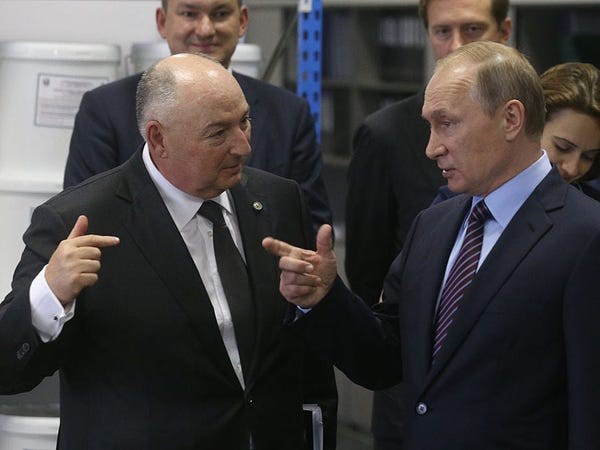
 Pepper’s Ghost: A Victorian stage-effect by which special lighting and plate glass is used to make illusory objects appear.
Pepper’s Ghost: A Victorian stage-effect by which special lighting and plate glass is used to make illusory objects appear.